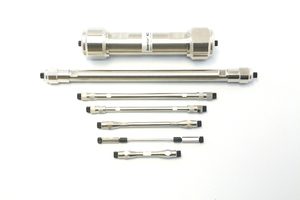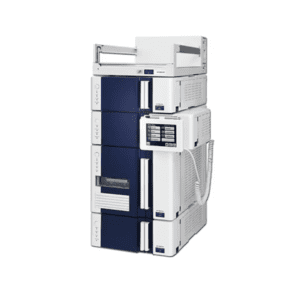Avantor® ACE® C18, HPLC Columns, 5 µm
د.إ 4,571.64
Available on backorder
Avantor® ACE® C18 columns provide great reproducibility and column lifetime. These columns are available in a wide range of particle sizes and dimensions from capillary…
Avantor® ACE® C18, HPLC Columns, 5 µm ,ACE-121-1546
د.إ 3,510.00
Available on backorder
Avantor® ACE® C18 columns provide great reproducibility and column lifetime. These columns are available in a wide range of particle sizes and dimensions from capillary…
Avantor® ACE® Excel® CN-ES, HPLC/UHPLC Columns, Analytical, 5 µm
د.إ 3,225.96
Available on backorder
Avantor® ACE® CN-ES combines CN polar selectivity with enhanced hydrophobicity, enabling the benefits of both interactions to be fully exploited. Extra phase stability and increased…
Avantor® ACE® UltraCore SuperC18, HPLC/UHPLC Columns, 5 µm
د.إ 11,770.92
Available on backorder
Avantor® ACE® UltraCore SuperC18 solid core (core shell) particle columns are ideal for demanding MS work offering improved MS signal intensity and maximum MS response.…
Hitachi High-Performance Liquid Chromatograph Chromaster
Available on backorder
Chromaster_Brochure.pdf
…




